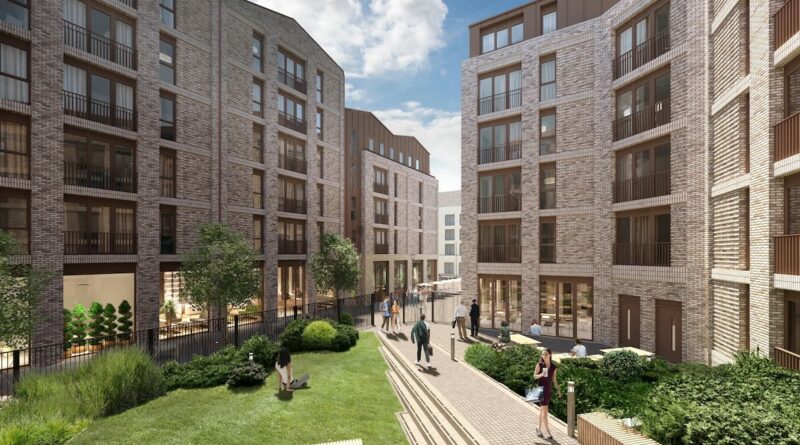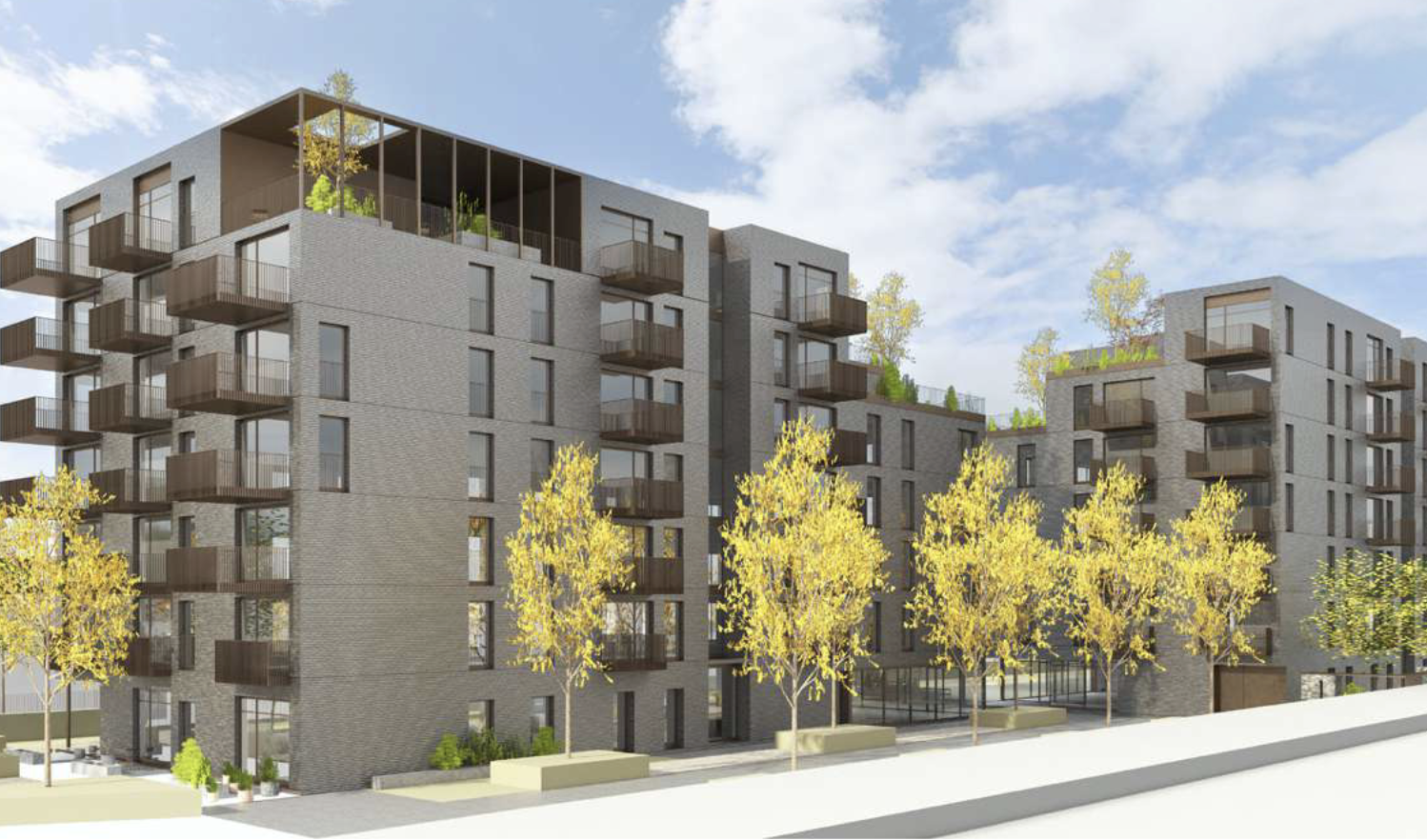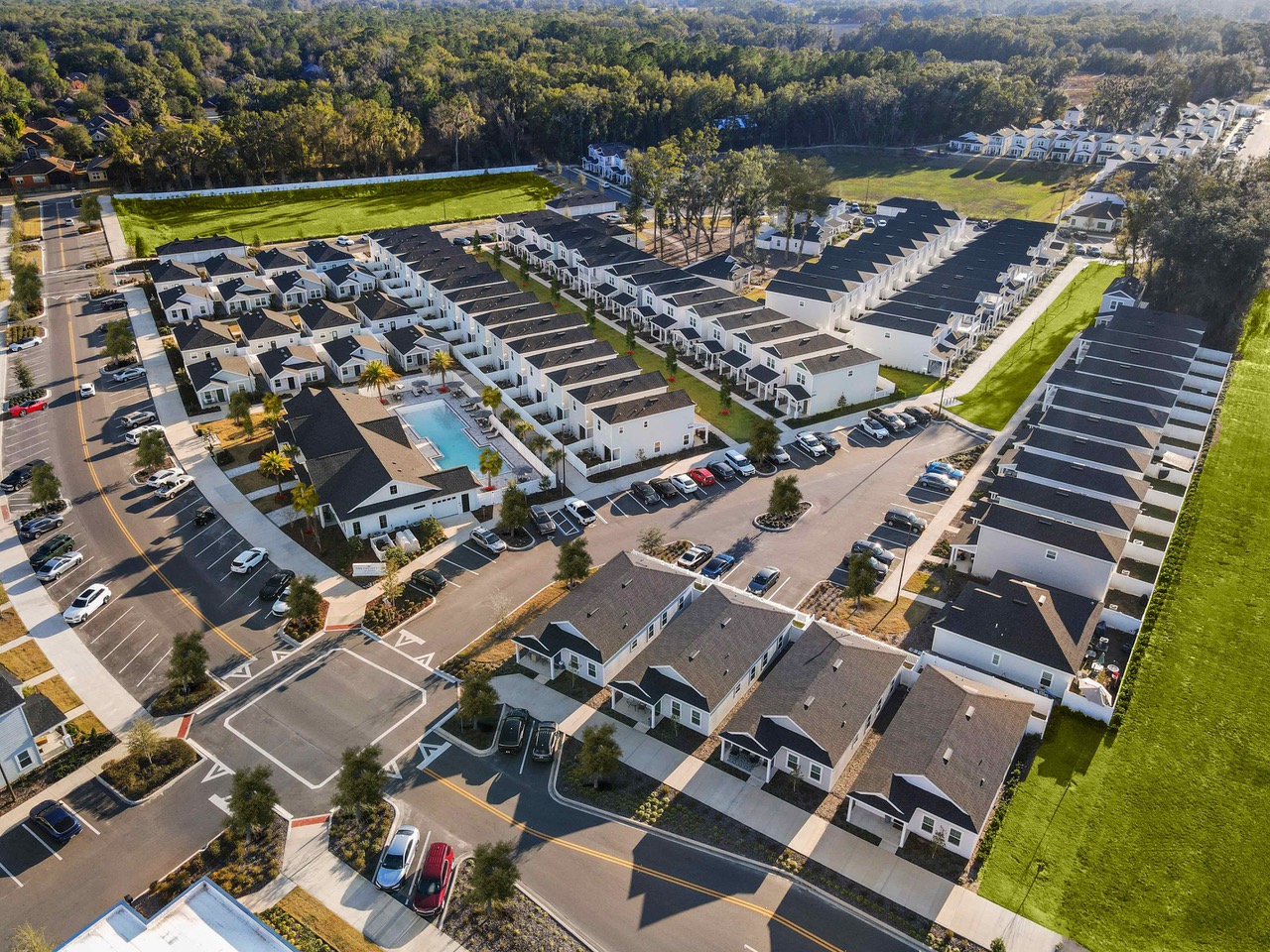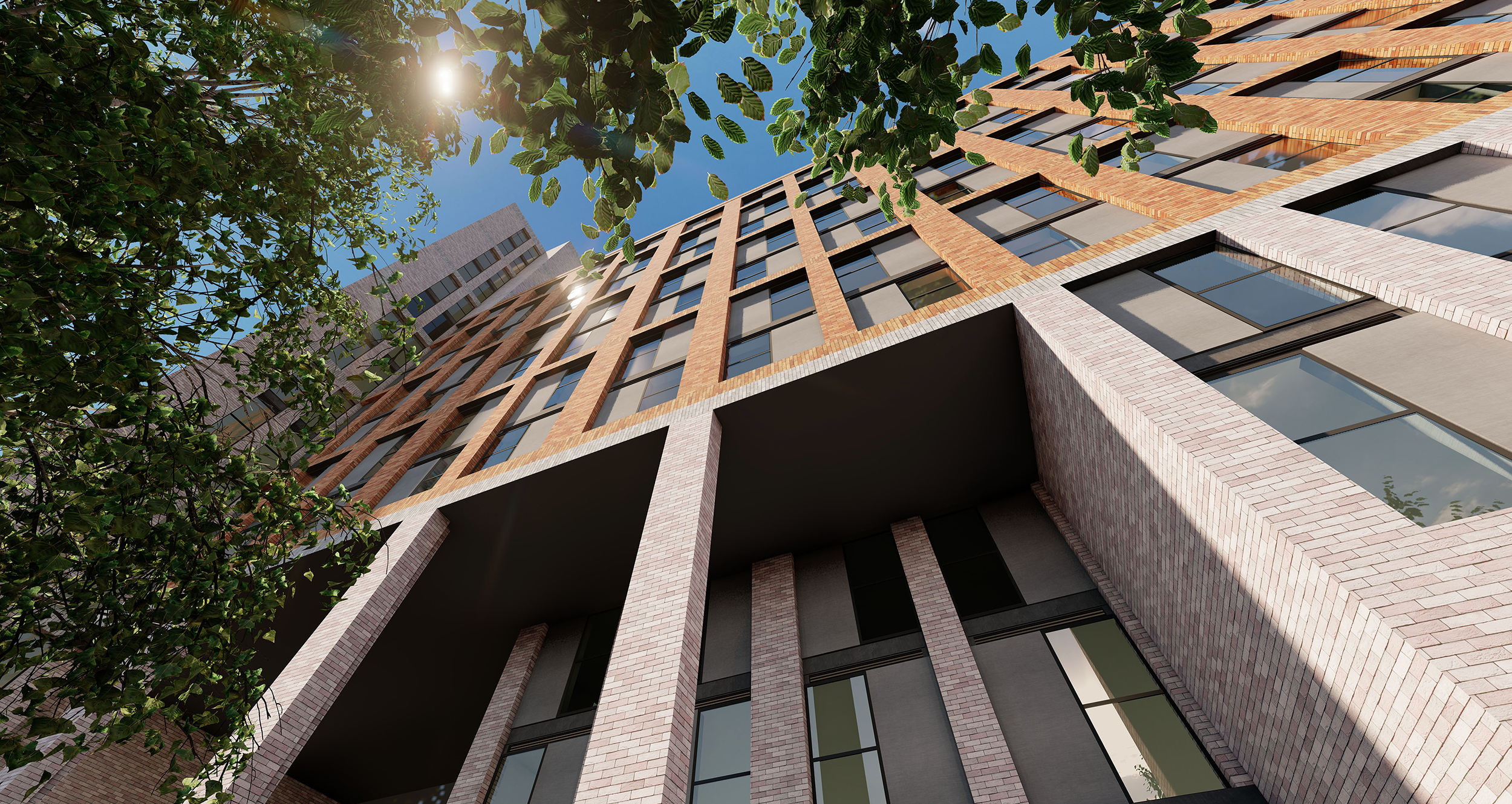UK: Savills latest report on the UK BTR sector says that £300 billion is needed to meet the future household growth requirements of an additional million homes in the Private Rented Sector by 2031.
The report says the past decade has seen £35 billion of institutional investment into the delivery of 100,000 BTR homes, made up of 542 apartment schemes that are all let and managed by professional operators.
Over the past decade, the primary route to market for investors has been through development. This is evidenced by Savills data which identifies that of the c.£20 billion invested between 2018 and 2023, just over a fifth has been deployed to purchase fully let operational stock.
However, more opportunities to buy stabilised schemes will arise, says Savills, which anticipates that between 2024 and 2028, investment into operational assets will take up a 25 per cent share of total investment, rising to 30 per cent between 2029 and 2033. This means that over the next decade, £20 billion will be deployed into the operational BTR space.
Q1 2024 saw the highest proportion of investment into operational schemes in any quarter since 2015, with 60 per cent of BTR investment into operational assets and 40 per cent into funding development.
Operational BTR is now spread across 100 local authority areas, including every London borough. Savills’ report found that London and the core cities – Belfast, Birmingham, Bristol, Cardiff, Glasgow, Leeds, Liverpool, Manchester, Newcastle, Nottingham and Sheffield – hold the vast majority of BTR apartment schemes. Savills estimates that the combined value of stabilised operational assets is £35 billion, based on the capitalised income of rents on the schemes. This amounts to £23 billion in London and a further £12 billion outside the capital.
Piers de Winton, head of national residential investment & single family, operational capital markets at Savills, said: “The BTR market has made significant progress over the last 10 years. Although the sector is emerging as mainstream investment in the UK, it still represents just two per cent of private rented sector households. When we look at more established markets such as Germany and the USA, where institutions own 41 per cent and 37 per cent of homes respectively, it’s clear that there is significant growth potential of the UK BtR market. Should the UK adopt a similar level of institutional ownership, institutions would own between 2.1 and 2.4 million PRS homes compared to just 100,000 today. As the sector continues to grow, there are numerous opportunities for investors to achieve similar large-scale portfolios as those in more mature markets.”
Savills’ research also shows that there are 110,000 homes in the BTR planning pipeline, which is the largest pipeline to date, indicating that the sector will start to grow more quickly than in the past. If it grows like the student sector, it will start to double in size every couple of years, the company says.
Guy Whittaker, head of UK BTR research at Savills, said: “Build to Rent continues to create additional rented homes and today, 542 apartment schemes are in operation, spread across a quarter of UK local authorities. Since 2018, 64 per cent of schemes have been purpose-built for rental which indicates that investors are getting involved much earlier in funding these schemes and ensuring they are designed to meet the needs of modern renters. It is also important to note that 50 per cent of BTR in 2023 was from new entrants to the market, up from 20 per cent in 2018 which shows how the investor profile is changing as the market matures, therefore attracting a wider pool of global capital.”
You can download the full Savills report here.








